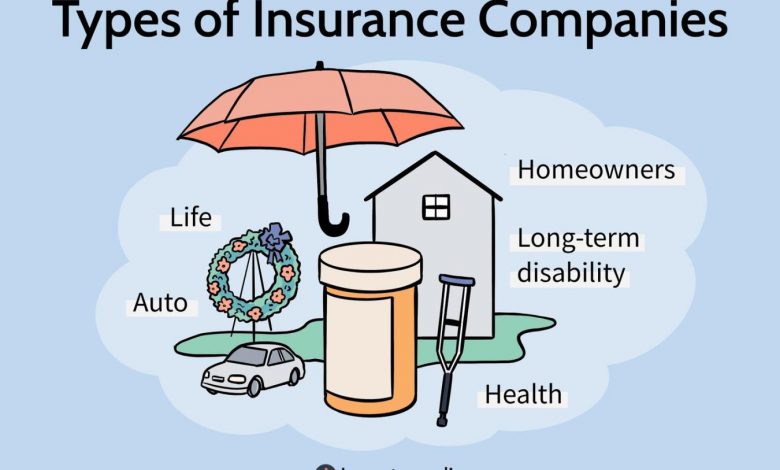Toyota’s Contribution to Sustainable Urban Planning: Nurturing Smart Cities

Toyota’s Contribution to Sustainable Urban Planning: Nurturing Smart Cities
The Role of Toyota in Building Sustainable Smart Cities
Smart cities are the future of urban living, offering technology-driven solutions to enhance quality of life, reduce environmental impact, and improve resource efficiency. As a leading automobile manufacturer, Toyota is not only known for producing innovative vehicles but also for its significant contribution to sustainable urban planning. Let’s explore how Toyota is nurturing smart cities and making urban living more sustainable.
1. Developing Electric and Hybrid Vehicles
Toyota has been at the forefront of developing electric and hybrid vehicles, which play a crucial role in reducing emissions and promoting sustainable transportation. By investing in research and development, Toyota has introduced groundbreaking technologies like the Prius hybrid, Mirai fuel cell vehicle, and the RAV4 EV. These vehicles not only reduce air pollution but also contribute to making cities greener and more sustainable.
2. Collaborating with City Planners
Toyota actively collaborates with city planners and policymakers to design and implement sustainable urban development projects. The company works closely with local governments, sharing expertise and resources to create smart city initiatives. By integrating advanced technologies, such as IoT, artificial intelligence, and renewable energy systems, Toyota helps cities optimize energy consumption, manage waste more efficiently, and improve overall infrastructure.
3. Initiating Mobility Solutions
Toyota is revolutionizing transportation within cities by introducing innovative mobility solutions. One such example is the development of autonomous vehicles. These vehicles are designed to enhance safety, reduce traffic congestion, and promote shared mobility. With technologies like Toyota’s Mobility as a Service (MaaS) platform, residents can easily access public transport, carpooling services, and ride-sharing options, thus reducing the dependence on private vehicles and improving the urban mobility landscape.
FAQs about Toyota’s Contribution to Smart Cities
Q1: How does Toyota’s focus on electric and hybrid vehicles contribute to smart cities?
As cities strive for sustainable transportation, electric and hybrid vehicles play a key role in reducing greenhouse gas emissions and air pollution. Toyota’s commitment to developing these vehicles helps in providing clean and efficient transportation options, making cities smarter and more environmentally friendly.
Q2: How does Toyota collaborate with city planners?
Toyota collaborates with city planners and policymakers to share knowledge and resources for developing smart city initiatives. By integrating advanced technologies and sustainable practices, Toyota helps cities optimize energy consumption, minimize waste, and create more livable and connected urban environments.
Q3: How do mobility solutions contribute to smart cities?
Mobility solutions like autonomous vehicles and car-sharing platforms promote sustainable transportation by reducing traffic congestion, improving air quality, and maximizing the utilization of vehicles. Toyota’s initiatives in this area aim to enhance mobility options, making cities more accessible and efficient.
In conclusion, Toyota is making significant contributions to sustainable urban planning by developing electric and hybrid vehicles, collaborating with city planners, and initiating innovative mobility solutions. As our cities continue to grow, it is crucial to embrace technologies and practices that make urban living more sustainable. Toyota’s commitment to nurturing smart cities sets an example for automotive industry players and inspires a greener and more connected future.
Remember to optimize your blog post for targeted keywords related to Toyota, sustainable urban planning, and smart cities to improve its search engine visibility.



